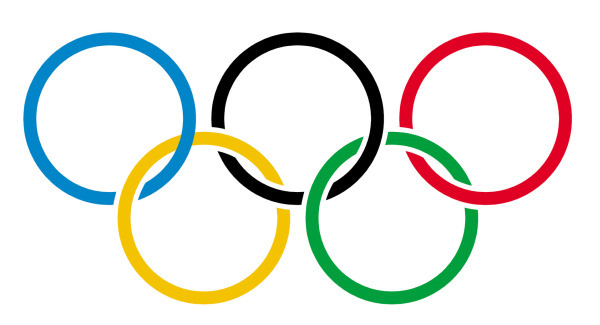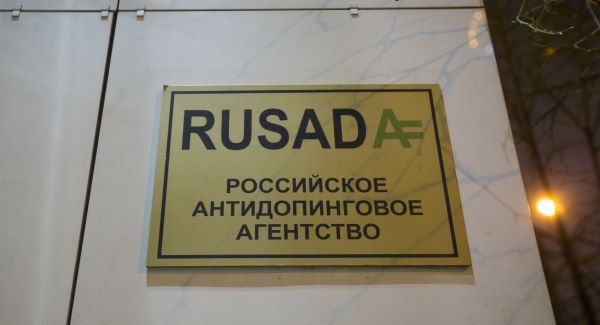Russia will not face a blanket ban from the Rio Olympics.
It comes after the International Olympic Committee announced it would be the responsibility of each sporting federation to check the doping records of Russian competitors under its jurisdiction.
Here we pick out the key points from the IOC executive board statement released on Sunday.
:: The Russian Olympic Committee (ROC), represented by president Alexander Zhukov, made a presentation at the beginning of the executive board teleconference promising “full co-operation” from the Russian government and the ROC with all international investigations into Russian doping. He also told the board that the ROC is committed to “a complete and comprehensive” restructuring of the Russian anti-doping system.

:: The executive board decided that all 28 Olympic summer sports federations should conduct analysis on Russian athletes under their jurisdiction, not just the 20 detailed in the World Anti-Doping Agency-commissioned McLaren Report, because by McLaren’s own admission his report “only skimmed the surface” of the available data. All international sports federations were advised that the presumption of innocence could not be applied to Russian athletes in any Olympic sport.
:: International federations were advised to apply the World Anti-Doping Code and other principles agreed at the Olympic Summit in June 2016 when deciding which Russian athletes were eligible to compete.
:: The federations were advised that the absence of a positive national anti-doping test cannot be considered sufficient to allow an athlete access to the Games.
:: The federations were asked to carry out “individual analysis” of each Russian athlete’s anti-doping record, taking into account “only reliable adequate international tests”.

:: The federations were asked to bar any individuals, whether an athlete or not, who was implicated in the McLaren Report from the Rio Olympics.
:: The individual federations were asked to apply their own rules in deciding whether to sanction the entire Russian national federation in their respective sport.
:: The ROC is barred from entering any athlete for competition in Rio who has ever previously been sanctioned for a doping offence, even if the sanction has been served.
:: Any athletes passed fit to compete by their international federation will face “rigorous out-of-competition testing” by their federation and WADA. Any non-availability for this programme will lead to that athlete being barred from competing in Rio.
:: The IOC’s ethics commission has barred Russian doping whistleblower Yuliya Stepanova from competing as a neutral athlete at the Games because “the circumstances in which she denounced the doping practices which she had used herself, do not satisfy the ethical requirements” for entry to the Games. The IOC did state, however, that she and her husband would be invited to the Games as a guest.


